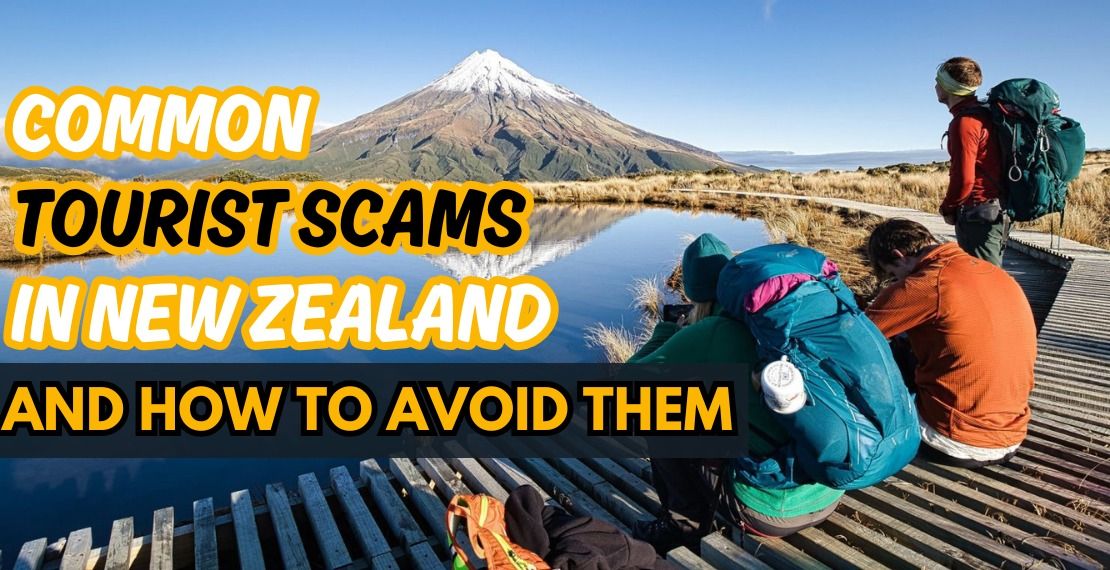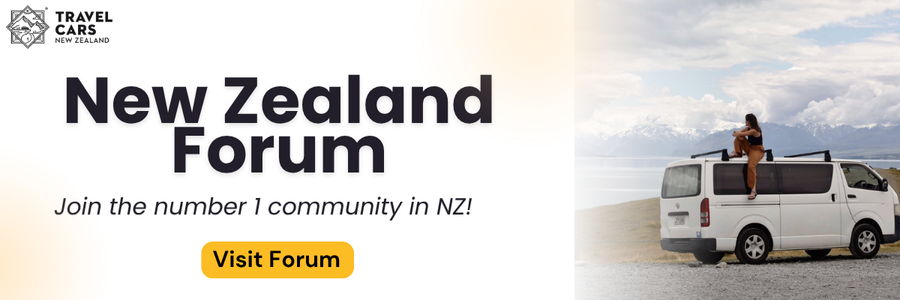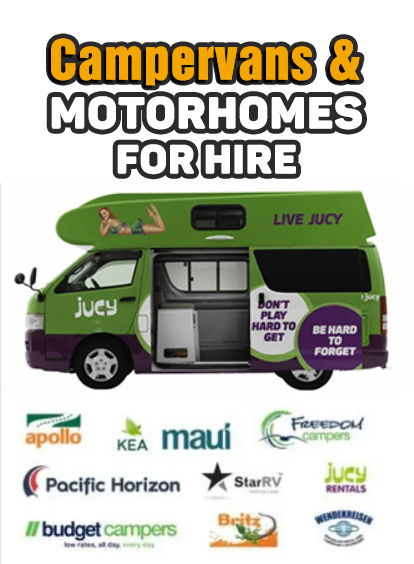✅ Last Update: May 15, 2025 @ 11:22 am
New Zealand is one of the safest and most beautiful places to visit. The people are kind, the nature is amazing, and most trips go smoothly.
But like any country, a few small scams can happen—especially to tourists who are new to the area.
- Here’s a guide to the most common tourist scams in New Zealand and how to avoid them.
1. Car and Campervan Scams
Some people sell cheap cars or vans with hidden problems—like engine issues, expired WOF (Warrant of Fitness), or fake self-contained stickers.
Many are sold by locals, re-selling cars they bought from scrap auctions or scrapyards and selling them on Facebook Marketplace or at the Auckland Car Fair.
How to avoid it:
- Always check the WOF and ask for the papers.
- Get the car checked by a mechanic before buying.
- Use trusted websites or dealers.
- If buying ”on the street” don’t rush the deal, even if it seems urgent.
🚐 For buying a campervan we recommend you to check the following guide: 12 Best Tips for Buying a Campervan in New Zealand
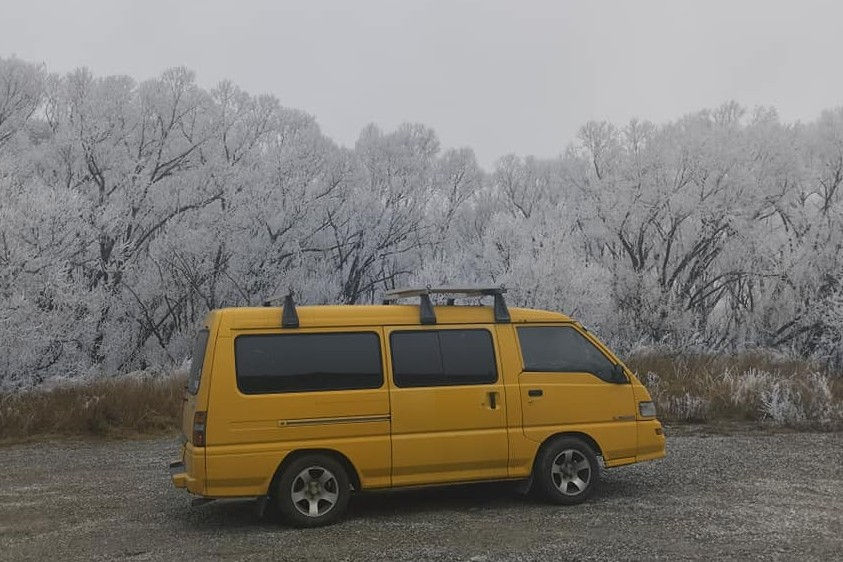
2. Fake Job Offers (for working holiday tourists)
If you’re looking for a working holiday job, someone might offer you a job (like fruit picking) and ask for money first—for “admin,” “accommodation,” or “registration.” Then they disappear.
How to avoid it:
- Never pay money to get a job.
- Use real job websites like Trademe or BackpackerBoard.
- Ask for a contract or proof that the job is real.
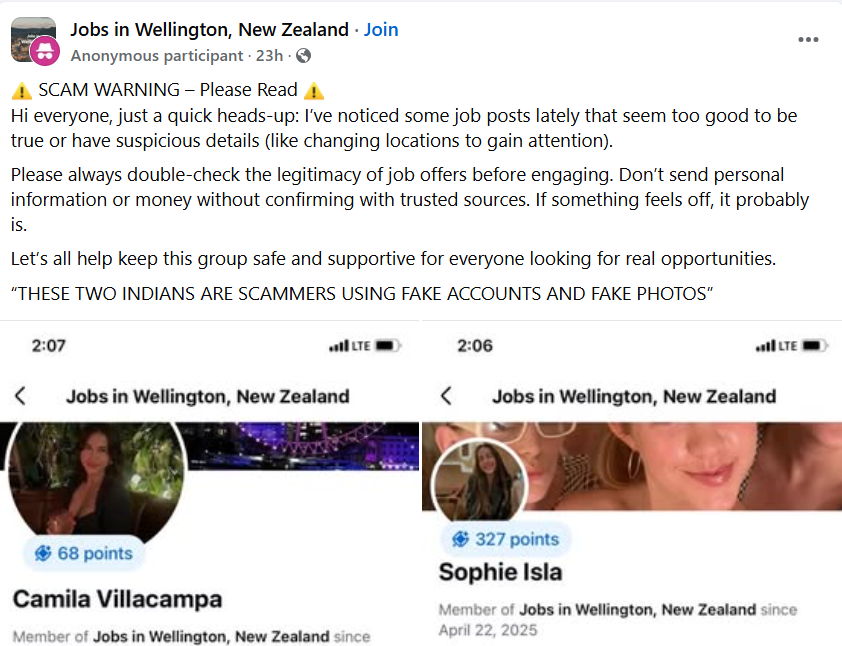
3. Accommodation Tricks
You book a room online that looks nice, but when you arrive, it’s dirty, not what was promised, or doesn’t exist at all. Some places also add surprise charges at check-out.
How to avoid it:
- Book through trusted sites like Booking.com or Hostel World.
- Read recent reviews and look at the photos.
- Ask what is included before booking.

4. Fake Self-Contained Vans
You rent or buy a campervan that says it’s “self-contained,” but it’s not legal. This can get you a fine or stop you from freedom camping.
How to avoid it:
- Check if the green self-contained card is real and not expired.
- The toilet must be inside the van and meet NZ rules.
- Ask to see the paperwork for the self-contained certificate.
🔍 To check if a vehicle is self-contained, you can use the following website: Search Vehicle — Self-Contained
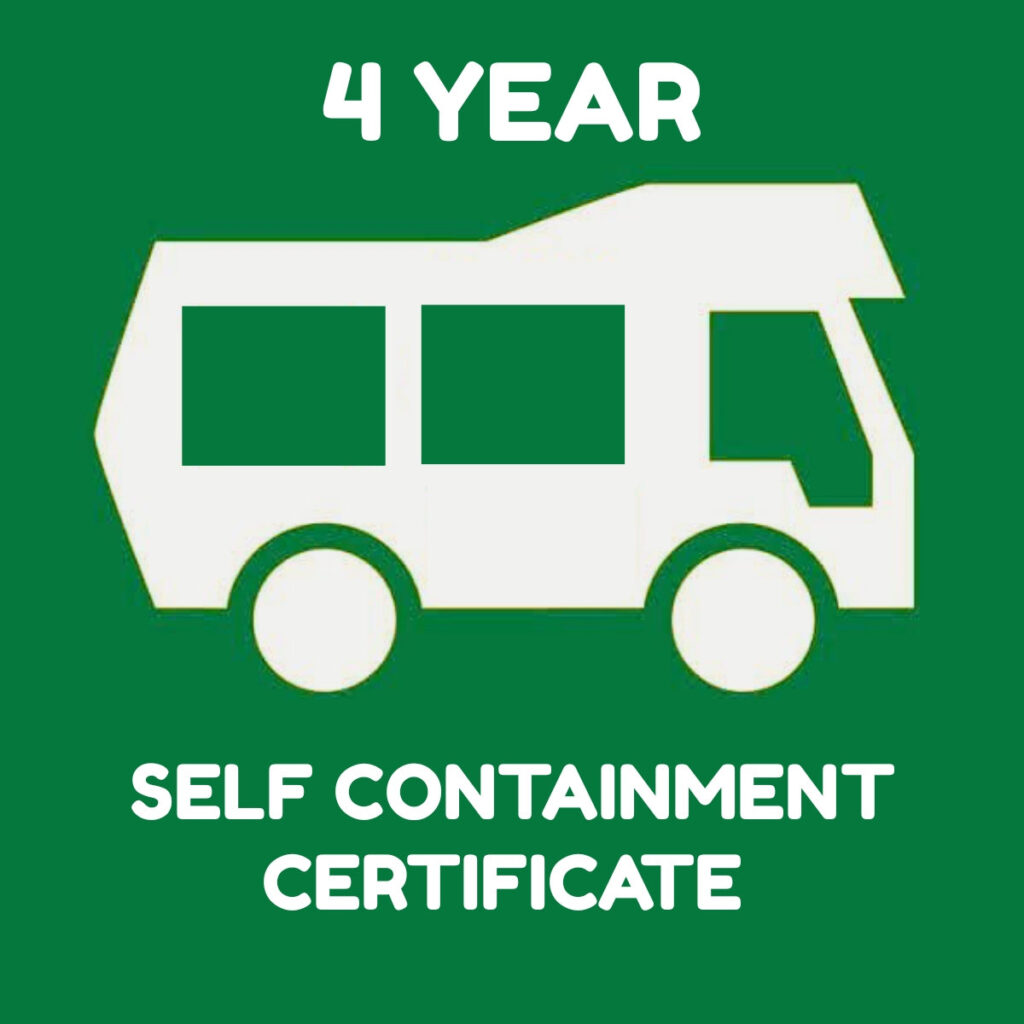
5. ATM Card Skimming
Some fake machines steal your card details when you take out cash. It is not a common practice here in New Zealand but is always recommended to use travel cards instead.
How to avoid it:
- Use ATMs inside banks like ANZ, BNZ, or Westpac.
- Cover your hand when entering your PIN.
- Use travel cards like Wise or Revolut for extra safety.
🔍 If you don’t have Wise you can open an account by registering with the following link, you’ll get your first transfer FREE of commissions: Register — Wise App

6. Online Deposits for Fake Items
On Facebook Marketplace or other websites, someone posts a van, room, or item for sale. They ask for a deposit to “hold it,” but once you pay, they vanish.
How to avoid it:
- Never send money before seeing the item.
- Meet in person and ask for ID or proof of ownership.
- If it feels strange, don’t go ahead.
🏆 For more tricks about backpacking and travel in New Zealand you can check the following guide: 40 Tips for Backpacking in New Zealand
🧑💻 Travel Resources & TCNZ Blog
At Travel Cars NZ, we create weekly all type of content related to travel, driving tips and campervanning in New Zealand.
You can find different types of categories at our Campervan Blog.
Safe Travels!



